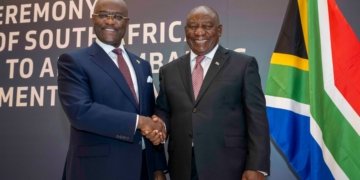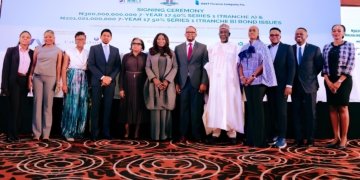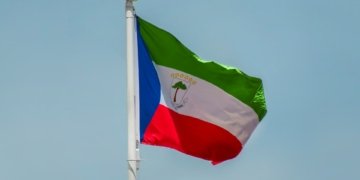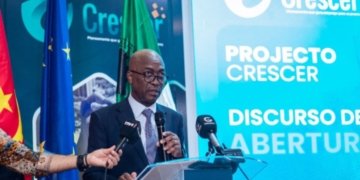Debt burdens, climate shocks, and regional integration dominate discussions in Gaborone, Botswana
GABORONE, Botswana (BG) – Leaders and experts at the African Economic Conference 2024 have emphasized the urgent need to reform the global financial architecture (GFA) to better align with the unique challenges and aspirations of African countries.
The event, running from November 23–25 in Gaborone, the capital city of Botswana, brings together policymakers, economists, and researchers to address Africa’s pressing economic issues.
Unity and Strategy: Building a Stronger Africa
Prof. Kevin Chika Urama, Acting Chief Economist and Vice President of the African Development Bank Group (AfDB), underscored Africa’s need for strategic unity to amplify its voice in global financial markets.
“We need to learn the game and play smart. The current GFA will continue to function the way it is designed until we come up with a new one… Let’s learn from Europe: unite together so that as one capital market, one trade zone, one unit, we’re able to build a formidable force that can be listened to in the global financial markets,” Urama said.
Debt was a key focus, with Prof. Victor Murinde, Executive Director of the African Economic Research Consortium, revealing that the cost of servicing Africa’s external debt is projected to reach a record $89.4 billion.
“That’s a phenomenal amount that takes resources away from servicing growth and key important sectors in Africa, including health and education,” Murinde said.
Adapting to New Shocks: A Call for Fair Financing
Hanan Morsy, Deputy Executive Secretary and Chief Economist of the Economic Commission for Africa (ECA), advocated for recalibrating the GFA to serve African nations better, particularly as climate-related shocks increase.
“The current system needs to be recalibrated to better serve the needs of African countries and also consider their vulnerability because we have a change in the nature of shocks,” she said.
Morsy called on multilateral development banks to reconsider concessional financing criteria, arguing for access for middle-income countries hit by climate shocks.
Dr. Raymond Gilpin, Chief Economist and Head of Strategy, Analysis and Research at United Nations Development Programme (UNDP) Africa, emphasized the need for enhanced data and research capabilities to support African nations in securing fairer credit ratings.
“Changing the global financial architecture could be significantly sped up if we have more data, analysis, and more African researchers to support African countries on how to lobby for a formula for credit ratings that better reflects Africa’s positioning on the globe,” Gilpin added.
The African Economic Conference, organized by the AfDB, the ECA, and the UNDP, serves as a platform for research, policy dialogue, and knowledge exchange.
Established in 2006, the conference focuses on actionable solutions to advance human development, climate change adaptation, and the digital economy.
As the conference progresses, delegates are exploring strategies to leverage the African Continental Free Trade Area (AfCFTA) to secure a resilient and prosperous economic future for the continent.
























